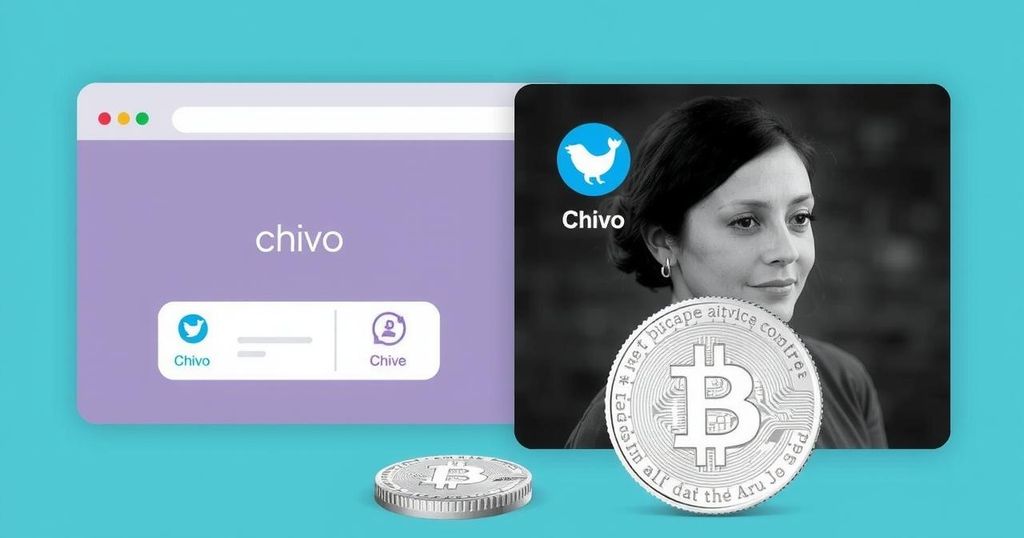El Salvador plans to privatize or close the Chivo bitcoin wallet initiated by President Bukele as part of its legal tender experiment. This decision follows a $1.4 billion loan agreement with the IMF that emphasizes voluntary bitcoin acceptance and restricts public sector involvement. Although public interest remains low—with 88% of citizens not using bitcoin—the government intends to continue acquiring bitcoin for its reserves.
El Salvador has announced the impending privatization or closure of its state-run cryptocurrency wallet, Chivo, which was established under President Nayib Bukele’s administration when bitcoin was declared legal tender in September 2021. This development follows the government’s recent agreement with the International Monetary Fund for a $1.4 billion loan, which addressed concerns regarding El Salvador’s adoption of bitcoin. Stacy Herbert, the director of the National Bitcoin Office, confirmed via a post on social media that Chivo would either be sold or wound down, although she did not disclose the current user statistics for the wallet. Despite this change, Herbert noted that the country will continue to purchase bitcoin to bolster its Strategic Bitcoin Reserve.
Furthermore, the IMF has stipulated that the acceptance of bitcoin by the private sector in El Salvador will be voluntary, acknowledging that risks associated with bitcoin are being mitigated. Meanwhile, the public sector’s involvement in bitcoin-related economic transactions is set to be restricted. As the inaugural country to adopt bitcoin as legal tender, El Salvador’s attempt to invigorate its primarily dollarized economy has faced significant public discontent, with surveys revealing that approximately 88 percent of Salvadorans had not utilized bitcoin as of 2023. It should be noted that El Salvador currently holds 5,969 bitcoins, equating to about $582 million.
The incorporation of bitcoin as legal tender in El Salvador marked a historic financial experiment, aiming to rejuvenate an economy significantly reliant on remittances and dollars. Initiated by President Nayib Bukele in 2021, this policy was intended to attract investment, foster financial inclusion, and capitalize on the global cryptocurrency trend. However, the practical implications and public reception have proved contentious, leading government officials to reassess the effectiveness of the Chivo wallet. As the economic landscape and regulatory environment evolve, the nation is adjusting its approach to cryptocurrency in response to international pressures and local sentiment.
El Salvador’s decision to privatize or shut down the Chivo wallet reflects a significant shift in its approach to bitcoin amid economic constraints and international guidance. While bitcoin remains legal tender, the resolution surrounding the digital wallet demonstrates the challenges faced by the Bukele administration in implementing this bold financial strategy. With the IMF’s recent involvement, the Central American nation appears poised to recalibrate its cryptocurrency policies, focusing on mitigating risks and enhancing voluntary participation in the private sector.
Original Source: ticotimes.net






